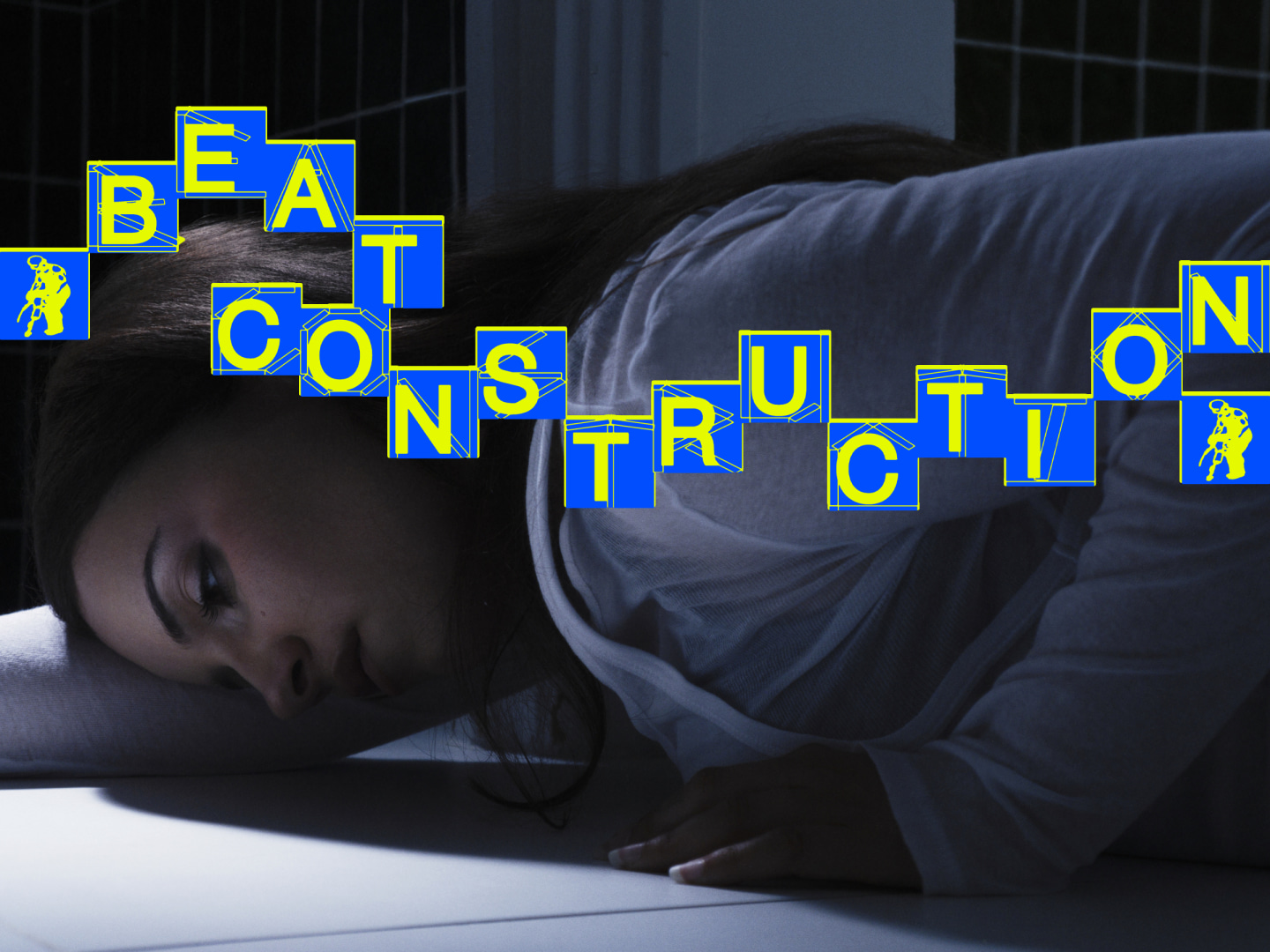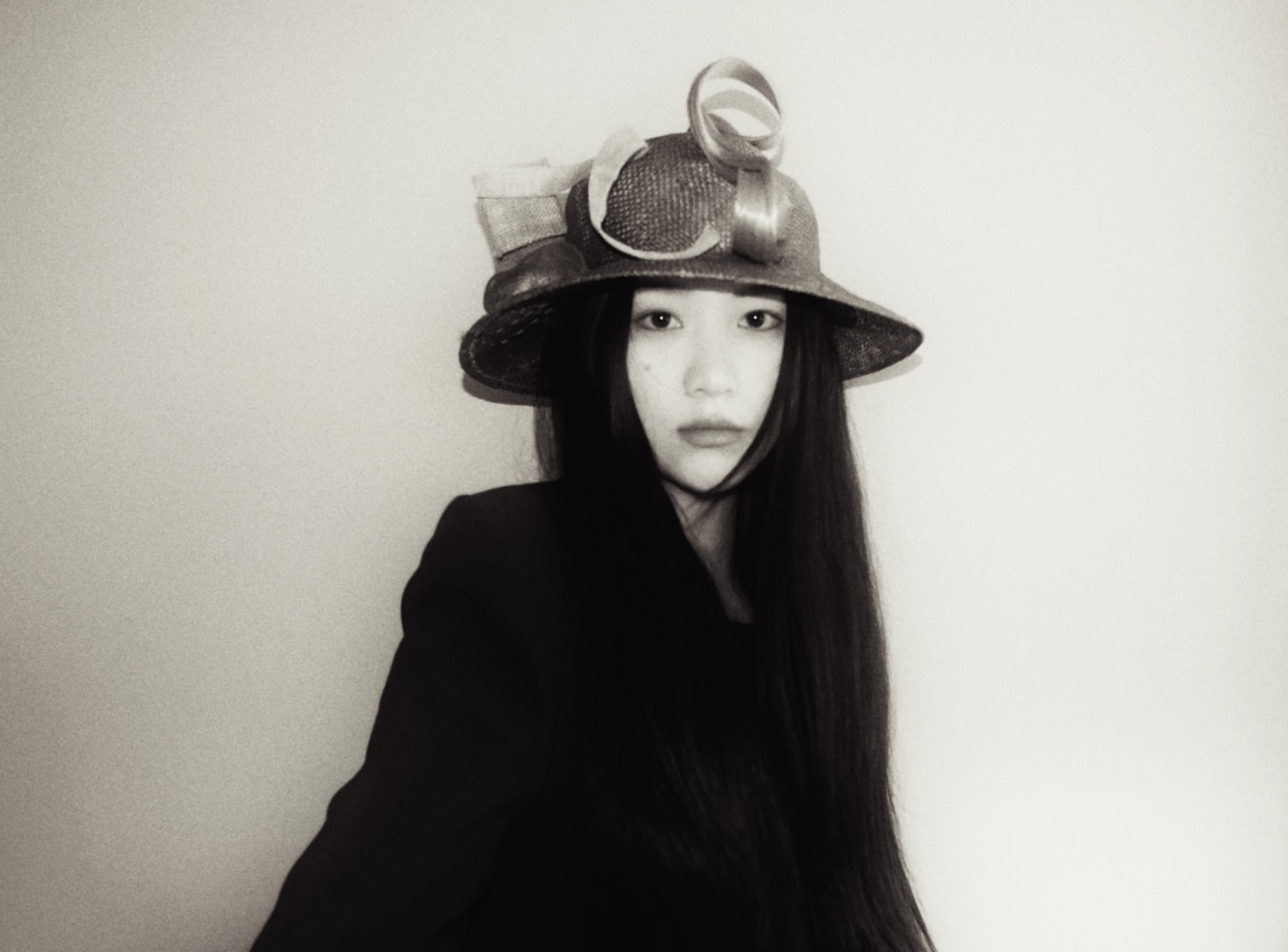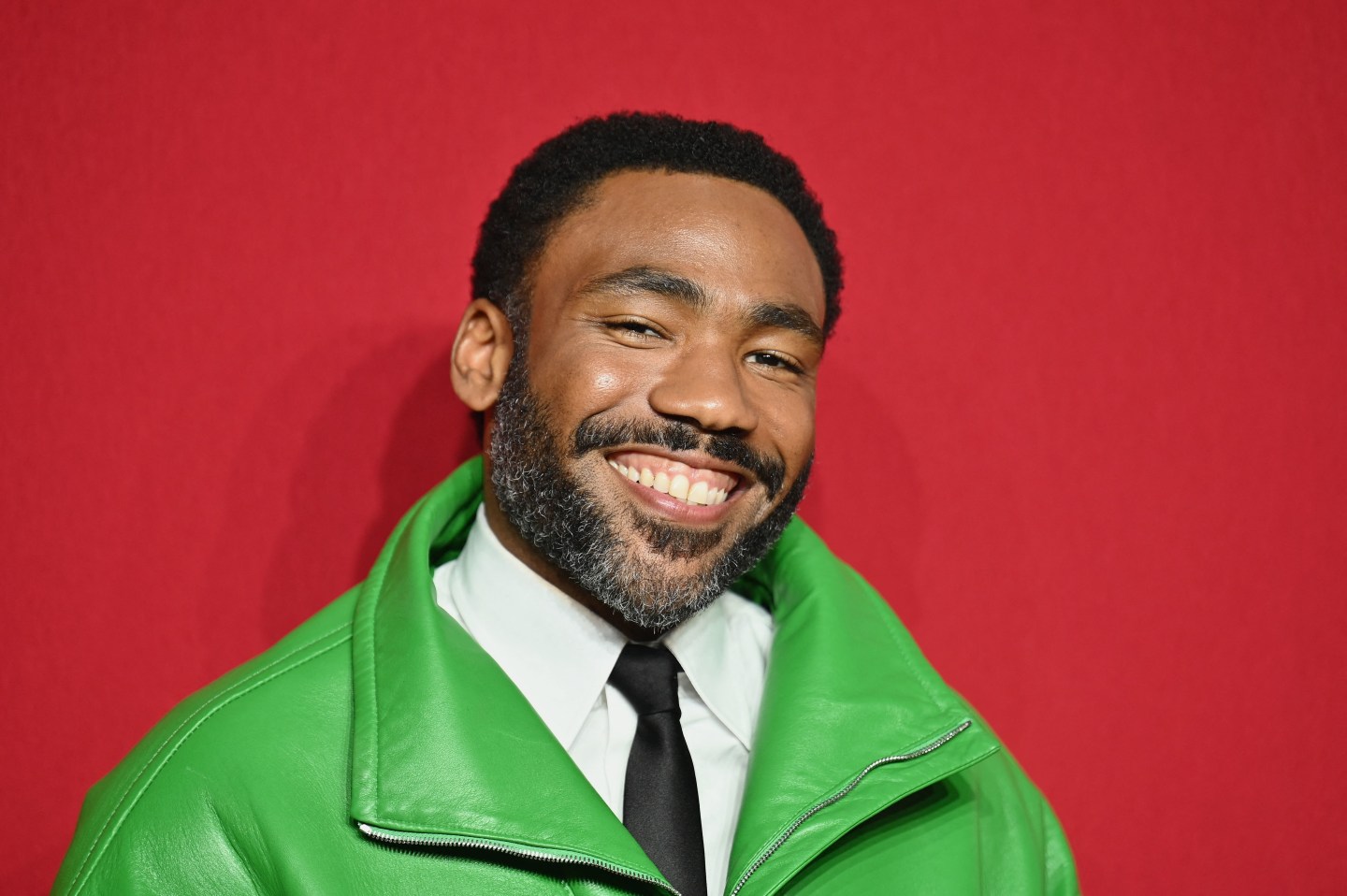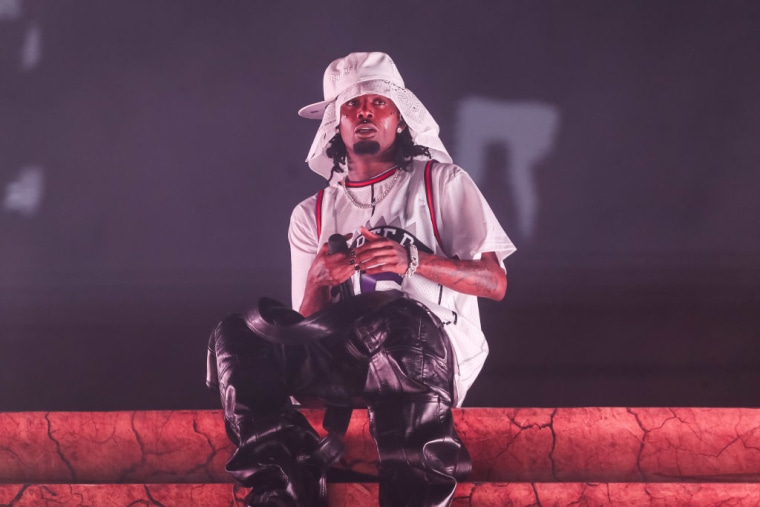Vanities, being inspired by Enya”>
Malibu. Photo by Igor Pjörrt.
The FADER’s longstanding series Beat Construction interviews today’s most crucial producers and their craft.
“I could never do a beat,” Malibu says. “If somebody had a gun to my temple and told me to make drums, I would die.”
It’s not surprising to hear the French artist born Barbara Braccini invoke mortality — her sweeping ambient compositions invariably conjure life after death — but it is a little jarring to hear her talk about limits. After all, Malibu’s music has never felt restrictive, even when it comes from the depths of grief. The softness, sadness, and ecstatic peaks are seeded by a promise of the infinite lingering beneath every hushed note and heavy sigh.
Malibu’s emergence wasn’t a straightforward one. Her time in a classical music conservatory was mostly fruitless; she was more interested in watching MTV and “smoking cigarettes with friends” than rigorous theory classes. Music was associated with authority and restrictions until she met a community of musicians on SoundCloud at 18. “That made me discover music as a passion, as a world that I didn’t know about.”
It also unlocked an insatiable curiosity that she’s been feeding ever since, reflected in her releases as Malibu. She adores Enya, one of new age’s best-selling artists and distinctive vocalists, and Vangelis, an electronic composer with world-building expansiveness, describing them as “mother and father.” But Malibu’s ear wanders even as the notes in her songs linger: the catharsis you might find in deep techno or trance is present in her EPs Palaces of Pity and One Life, and her acclaimed NTS radio show United In Flames masterfully exhibits omnivorous style and a keen ear.
Like most artists, Malibu is liable to get stuck in her head, and that’s what happened during the making of her stunning debut album Vanities. She confided in a friend during a creative rut, and he gave her an analogy that helped her break through: “Maybe a ship has wrecked and there’s a bunch of shit on the sand, just bits and pieces of objects. And that’s the songs. And you just collect them and you put them in your pocket and you go home.”
Vanities was written and recorded over two and half years while Malibu lived in Stockholm, Sweden. The overarching concept for the album — how carefully staged works can obliterate our self-absorptions — came later. What inspired her in the moment were the repetitions of her life within the city, the bubbles she formed there, and the apathy that came with them. “The world is going to shit, but you have the comfort of your little routines,” she says. “You try to give meaning to your life and to the things that make up your life. That makes sense with the world ‘vanities.’”
The visual worlds Malibu draws have never been so vivid as they are on Vanities. The music is a night sky of supernova stars, its sounds stretched out and booming while her cirrus-textured voice captures the exploding lights, creating new colors. The synths and piano may take center stage, but it’s the details that make the songs triumph: the police sirens in the distant background at the beginning of “Nu,” the rave-coded melodies of songs like “Jaded” and “What It Is That Breaks.” Speaking with Malibu about her music, it’s clear she sees it as a tool against an encroaching darkness. “Nothing really matters, you know. But you have to give it a bit of matter.”
The FADER: The press materials for this record said that for the composition, you moved away from a digital workflow to keyboards in a studio. Did it feel like you were going back to your origins?
Malibu: Yeah. You don’t really need anything. I have Logic, but I don’t have many VSTs or plugins. I almost find them limiting in a way, because it’s so much that I don’t even know what to do with. I’ve always just used strings from Logic or the reverb from Logic. I still find myself quite pressured by the blank page of a Logic file. Just staring at it and be like, “oh, I don’t even know where to start.”
When I was in the studio in Stockholm they had a couple keyboards and a little piano I would spend a lot of time on. I was just jamming, finding some chords, and then recording on the phone. And then if I find something that I really like, “okay, I’ll just remake it more properly with a nicer piano.”
They had this one synth that I spent so much time on that I loved, an Udo Super 6. I would record the signal on Logic, but I wouldn’t even think of the computer. I wasn’t even facing it. It felt very nice to just jam and play around with it. I would spend hours on that synth, then listen back and cut from that. So maybe two hours of recording, I only use like 15 seconds.
It felt like going back to 12 years ago, when I would spend nights not looking at a clock and just trying sounds. It’s like being in the music, and it feels so cozy.
I read this quote by Brock Van Wey, another ambient artist that I really admire, that brought your music to mind. He said that the musical communities that he was a part of in the ‘90s were weaving their own biographies through music, instead of purely seeking response through dance. Does your own biography plays a significant part in the music that you create?
Yeah, I call my music [as Malibu] diaristic. It is a result of my life. Whether one song is made very specifically after one event or it still remains vague enough for anyone to just listen to and feel whatever they want to feel. But I know what it’s about.
I wanted to talk about your side project DJ Lostboi and how you approach that music versus Malibu.
It was created out of necessity because I felt pressure from my main project, as if I was Lady Gaga [laughs]. It was when I wanted to do an edit of a song or a remix. I’m not properly sampling, but I’m using their material.
It feels like it’s not really me. It’s more fun, lighter music. I used to say that it’s the Miu Miu to the Prada, you know, it’s more playful. So I understand why [some] people like it better. It fits more purposes.
Like a pressure valve that you can twist and relieve your brain a bit.
Exactly. I’m not using my photo or anything like that. So it feels quite relaxing to not think about that aspect of the industry.
I also have [a] third project, Belmont Girl. This one is only on YouTube and it’s straight up loops with a lot of processing. I don’t add anything else. I don’t build too much on top of a sample or whatever. The whole process should take me under 30 minutes. If it’s taking me longer than it’s not worth it. That is my more, even more automatic project. Because sometimes I really just want to feel creative. Now that it’s my job, it’s harder for me to make music or feel that sort of satisfaction of just doing a little something.
Are you troubled at all by how ambient music is perceived currently within the music industry? For example, Spotify has commissioned stock musicians to create ambient music that they can put on their most popular playlists to lessen royalty payments. How’s it been navigating this climate?
I had no idea that they did that. I wish every huge artist would leave Spotify. I don’t use any apps or anything like that myself. I don’t know how it even works.
If people want background noise, good for them. But I will always do what I do, even if it serves nothing or no one, even if it has no purpose.




